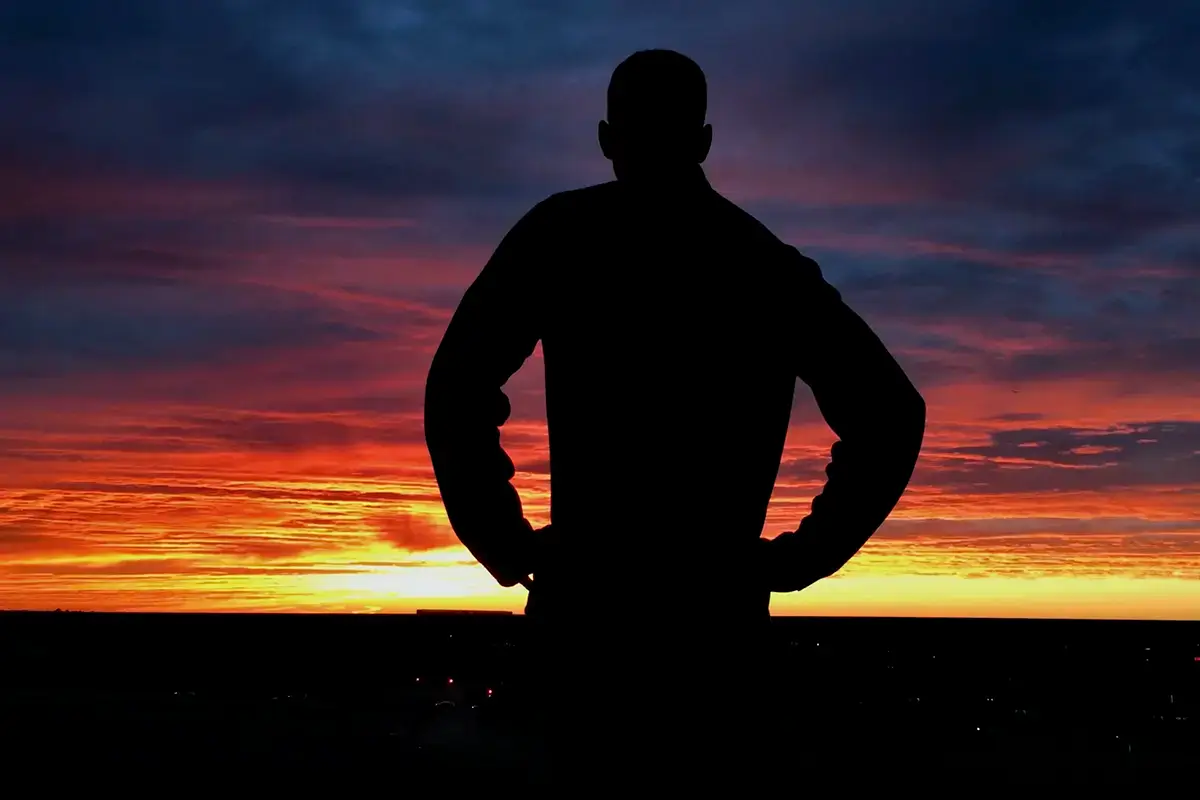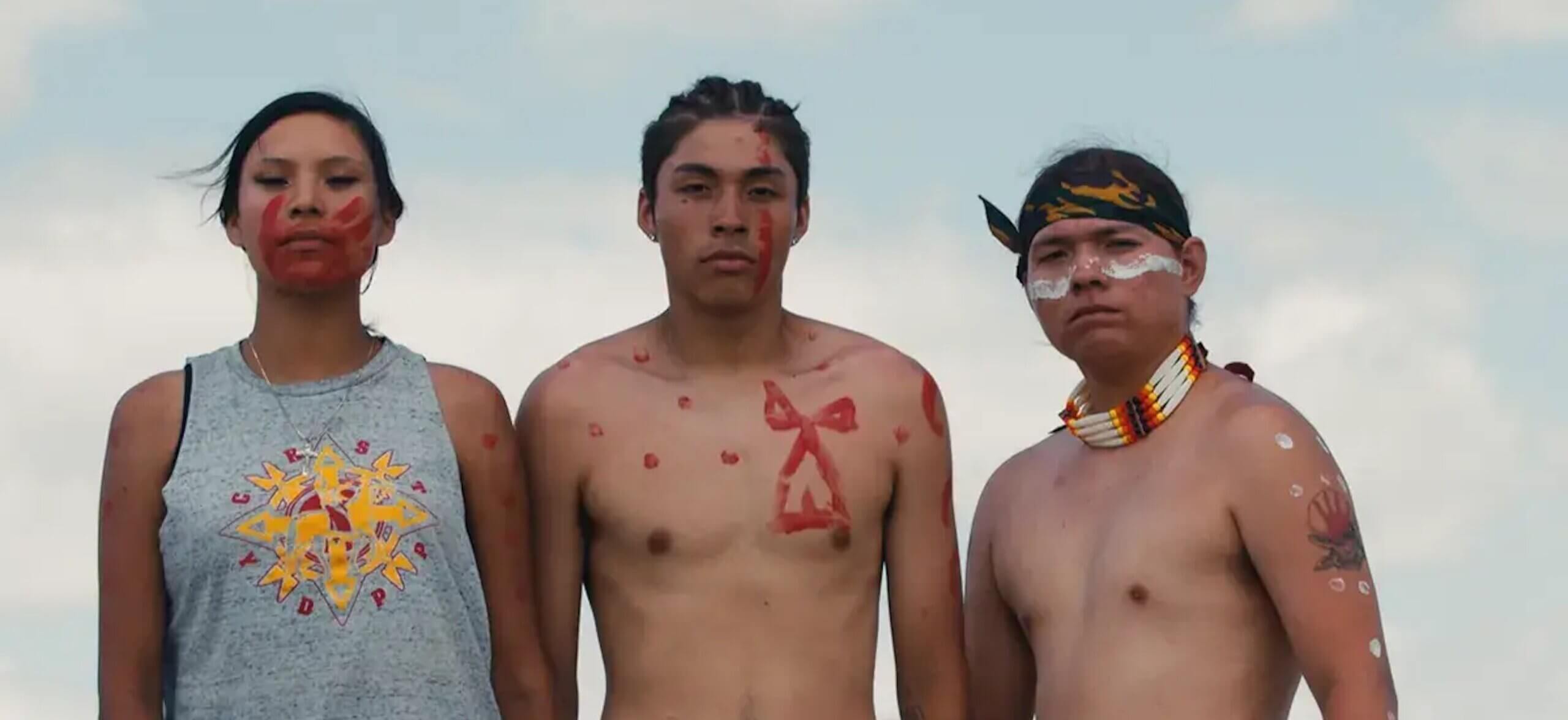Climate change is contributing to public health crises in nearly every country worldwide. From a renewed fight against vaccine-preventable diseases to pandemics and health inequality, getting a handle on public health is becoming a race against time.
With the current global focus on public health due to recent crises like COVID-19, the role of visual media in shaping public awareness and education has never been more crucial.
Visual media helps bring the stories of real people affected by these crises to life, making the challenges more relatable and urgent. By showcasing the interplay between health systems and the individuals they serve, documentaries can provide medical and public health students with a unique lens to humanize global health crises and understand the broader systemic responses to these challenges.
Yet understanding the challenges ahead is as much a human issue as it is a medical one. A great example is the ever-popular Bending the Arc - a film that directly challenges the moral compass of the healthcare industry in addressing health inequity.
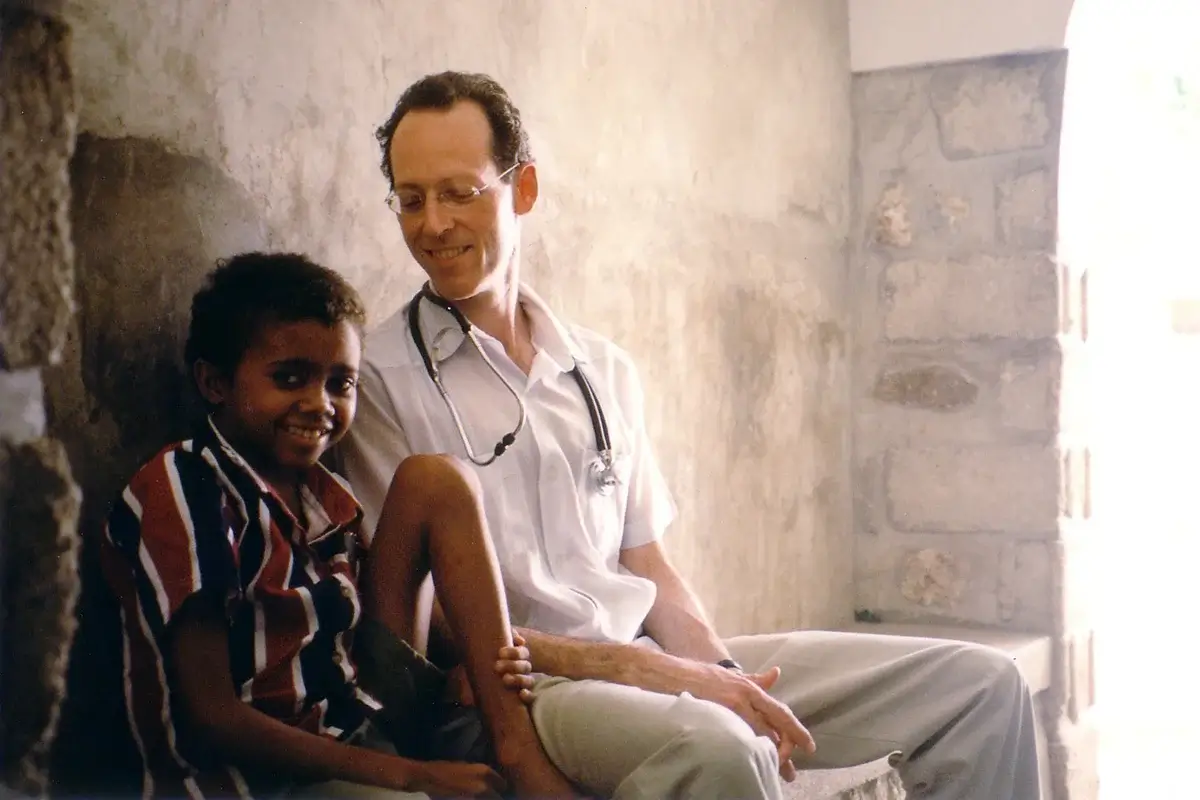
Image from Bending the Arc
Directed by
Kief Davidson and
Pedro Kos,
Bending the Arc tells the inspiring story of Dr. Paul Farmer, Dr. Jim Yong Kim, and activist Ophelia Dahl, who, in their fight to provide high-quality medical care to impoverished communities in Haiti, instigated a global health revolution.
The film chronicles their efforts in Haiti, Peru, and Rwanda with the organization they established, Partners In Health. The group, just out of college, faced significant challenges due to their inexperience and opposition from the global health establishment. They fought to demonstrate that providing quality healthcare for impoverished communities was not only possible but crucial.
PIH turned public health on its head with a fresh approach that involved training local community members as healthcare providers to provide respectful treatment and high-quality medical care to all. Their work has helped change world policies, transformed entrenched ideologies, and saved millions of lives.
As Bending the Arc illustrates the power of individual and collective action in global health, How to Survive a Pandemic provides a timely and detailed look at the world's response to one of the most significant public health crises of our time.
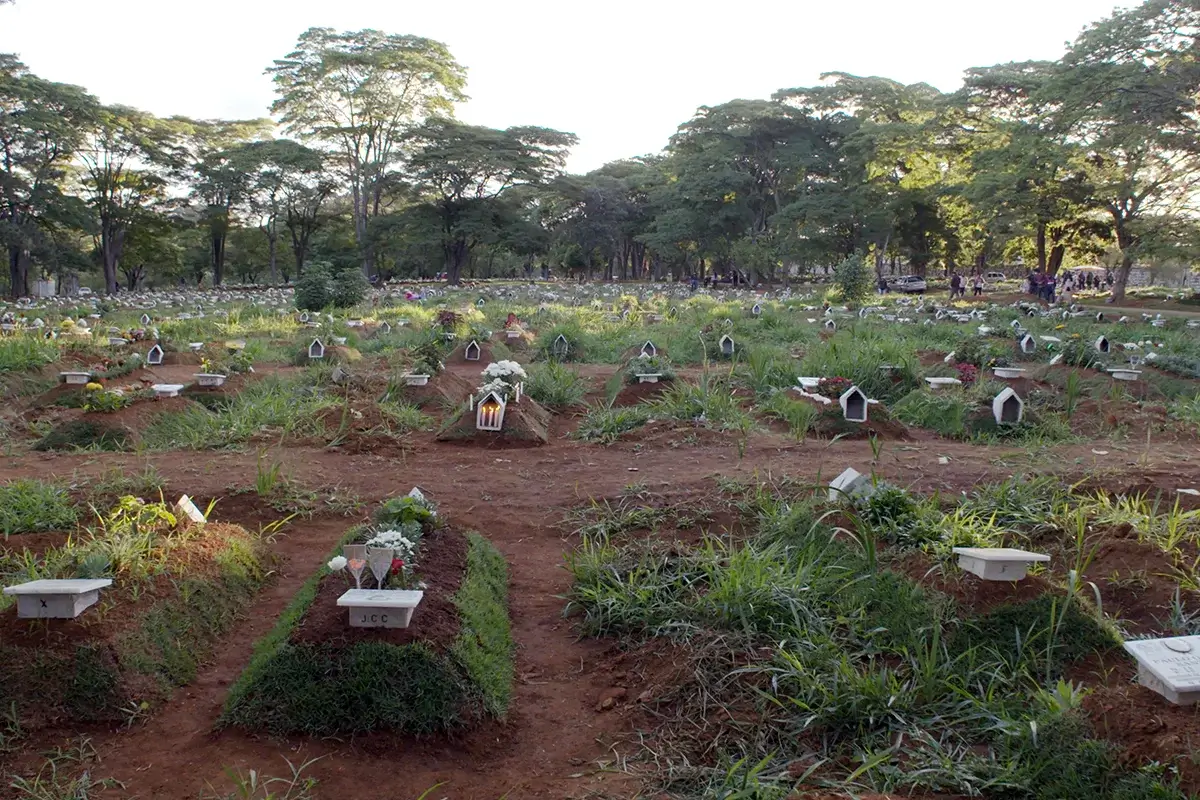
Image from How to Survive a Pandemic
How to Survive a Pandemic, directed by
David France, provides a comprehensive examination of the global response to the COVID-19 pandemic. The documentary focuses on the race to develop, produce, and distribute vaccines while highlighting the scientific, political, and social challenges faced along the way.
A riveting overview of public health crisis response, the film also explores vaccine inequity and provides an insider’s view of the efforts to curb the pandemic, featuring interviews with key figures involved in the vaccine development process, including scientists, public health officials, and policymakers from around the world.
For students, How to Survive a Pandemic, and contemporary COVID-19 films like
The First Wave,
Behind the Swedish Model, and
The Curve, serve as real-time case studies of crisis management, public health strategy, and the importance of global cooperation.
Continuing on the David France theme of survival, another of his films - and perhaps one of his most recognizable - has become a staple in public health studies.
How to Survive a Plague chronicles the heroic activism of the AIDS Coalition to Unleash Power (ACT UP) during the height of the AIDS epidemic.
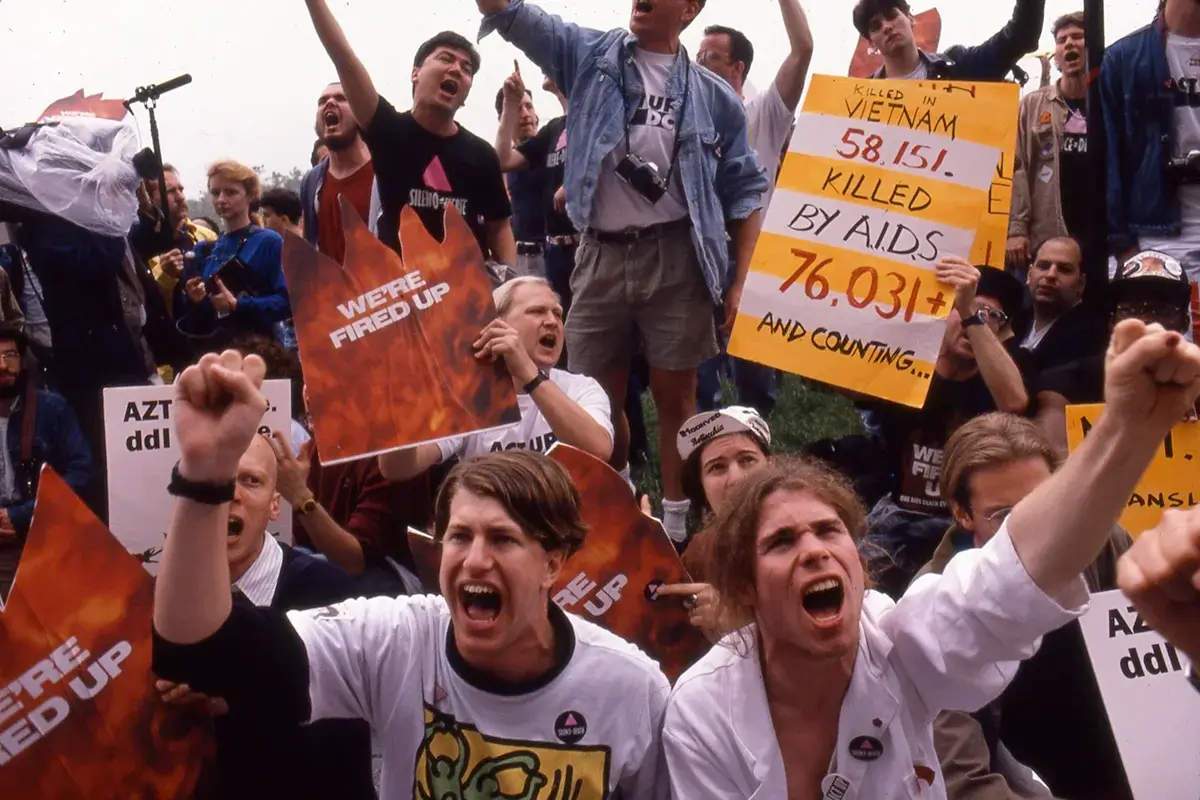
Image from How to Survive a Plague
Providing a searing historical account of the steep cost of apathy, the film uses archival footage and personal interviews to place us in the center of the group’s fight against government inaction, societal stigma, and bureaucratic stalemates to push for life-saving treatment.
Along with activists and supporters, ACT UP stormed the country with protests and infiltrated the pharmaceutical industry in a radical move to accelerate treatment. In doing so, advocates not only reshaped the public’s understanding of the disease but also brought about significant changes in how medical research was later conducted, ensuring that those affected by chronic illness have a voice in their treatment and care.
How to Survive a Plague provides an expanded view of public health, emphasizing the importance of equity, access, and education in the fight to eliminate health disparities and prioritize the well-being of all communities.
With global warming revealing an increasing number of biological threats, new potential epidemics are emerging at an alarming pace. CNN’s
Unseen Enemy is a film that provides a sobering look at the invisible threats posed by emerging and known viruses like Ebola, Influenza, and Zika, to examine how future healthcare providers can be better prepared for what’s to come.
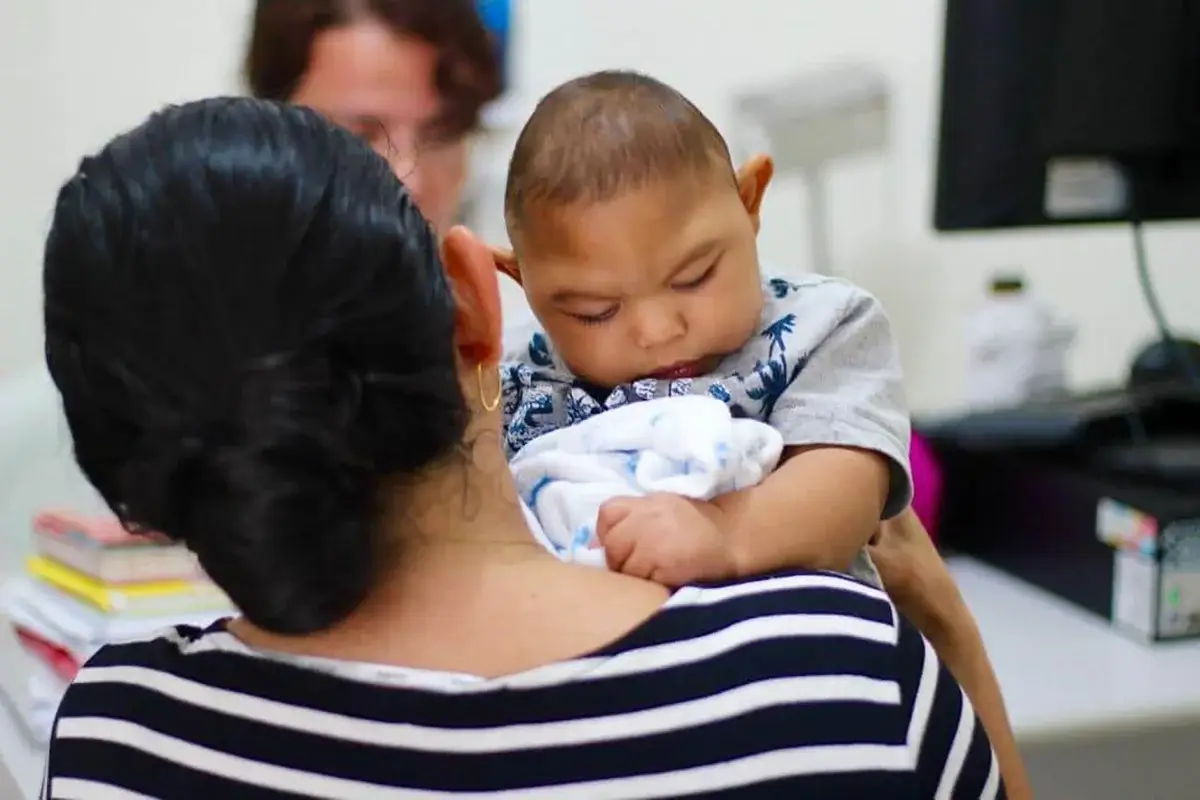
Image from Unseen Enemy
Directed by
Janet Tobias,
Unseen Enemy delves into the complex world of epidemiology and the ever-increasing threat of global pandemics. Featuring the personal stories of those affected by some of the world’s most infectious diseases, the film provides insights into how these diseases spread and the need for global preparedness as climate change compounds contagious outbreaks.
Taking a worldview, the film emphasizes the importance of global preparedness and the need for robust healthcare systems capable of responding swiftly to outbreaks. Unseen Enemy showcases the challenges faced by scientists and public health officials in tracking and containing diseases, highlighting the critical need for international cooperation and investment in public health infrastructure. For medical and public health students, this documentary serves as a powerful reminder of the complexities and urgency involved in combating infectious diseases.
Public Health has never had to work harder - or faster. While we work towards fixing institutional issues, films like
How to Survive a Plague,
Unseen Enemy,
Bending the Arc, and
How to Survive a Pandemic, each offer unique insights into different solutions. Humanizing macro issues to underpin their urgency, these films highlight the complexities of managing global health crises, the importance of health equity, and the intricate connections between human health and the environment.
Contact us to add these films and many more to your library




